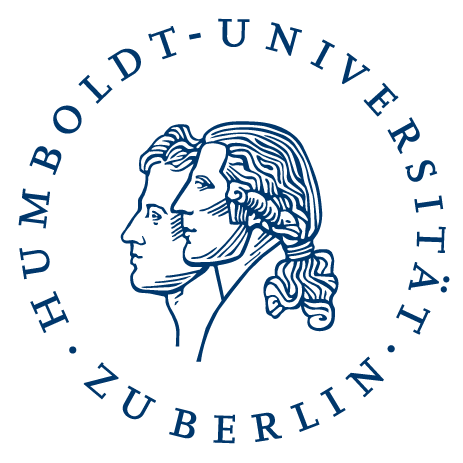RTG 1939
Philosophy, Science and the Sciences
| Spokespersons | Prof. Dr. Jonathan Beere Prof. Dr. Philip van der Eijk |
| Coordinator | Niklaas Tepelmann |
| Contact Details | coordinator.grk1939@hu-berlin.de |
| Address | Humboldt-Universität zu Berlin |
Research Programme
The Research Training Group Philosophy, Science and the Sciences is devoted to the dialogue between different forms and models of knowledge in ancient Greek, Roman and Arabic philosophy and science, such as medicine, mathematics, astronomy and other special sciences in antiquity. As an interdisciplinary programme, it brings together philosophers, classicists, Arabists and historians of science. The RTG started in October 2014 and offers a structured doctoral programme in ancient philosophy and science.

Photo: Ute Richter-Sepke
Equal opportunity measures
Childcare
RTG researchers with children benefit from the services of KidsMobil, which offers childcare during conferences, on holidays or in case of illness. The RTG’s contract with KidsMobil covers 300 hours of childcare that can be ordered on demand to enable researchers with children to pursue their activities at the RTG.
Women in Ancient Philosophy
The networking initiative Women in Ancient Philosophy was launched by two young women researchers – an RTG doctoral student and a TOPOI post-doc – and since then all of the RTG’s female doctoral students have been involved in its activities. The initiative’s aim is to foster networking and equal opportunities for young women researchers, by organising conferences, workshops and guest lectures.
Individual coaching
All female doctoral students in the RTG have the opportunity to take an individual coaching package of five sessions to support them in coping with their individual issues and challenges.
Trainings
The RTG organised a series of sessions on presentation and discussion, with the aim of raising awareness of and developing strategies for dealing with gender issues in the setting of academic presentations (conferences, workshops etc.). The focus was on practical training. Each participant worked on an individual basis with the trainer to address her individual needs (for example voice, body language, attitude, interaction with the audience, and dealing with critical questions) in order to enable her to make her performance more self-confident, convincing and authentic. Based on the participants’ positive feedback, subsequent trainings included not only old and new female doctoral students but also male doctoral students.

Photo: Sailko, License: Creative Commons Attribution 3.0 Unported






